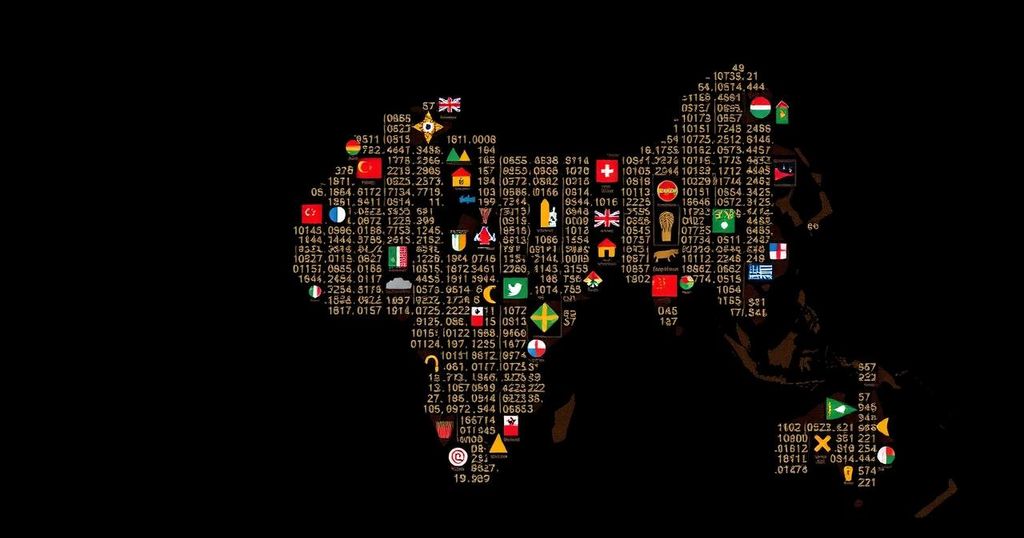China’s Engagement in Africa: Sharing Development and Governance Insights
Summary
China is enhancing its diplomatic relationships with Africa by sharing its governance and development experiences. The Herbert Chitepo School of Ideology in Harare, funded by China, serves as a hub for training ZANU-PF officials and fostering educational exchanges. President Mnangagwa’s historical ties to China underscore the longstanding relationship between the two nations, aimed at modernization and political collaboration.
China is actively investing in sharing its development knowledge and governance model with African nations as it seeks to enhance diplomatic ties and foster modernization efforts across the continent. A prominent example of this initiative is seen at the Herbert Chitepo School of Ideology in Harare, Zimbabwe, which stands as a testament to China’s soft power influence. Following a significant refurbishment funded by China, this institution has resumed its role in providing training and seminars tailored for officials and political cadres of the Zimbabwe African National Union-Patriotic Front (ZANU-PF). Moreover, the school has benefitted from the expertise of visiting lecturers from the Chinese Communist Party, thereby fortifying educational exchanges between the two countries. In a notable gesture of goodwill, the Chinese Communist Party contributed 1,300 volumes of literature to the school, encompassing topics such as Chinese history, economic reforms, and cultural and foreign affairs, further enriching the educational experience offered. The historical ties between Zimbabwe and China can be traced back to the latter’s support during the liberation movements across Africa, which remains a significant aspect of their diplomatic relationship today. President Emmerson Mnangagwa of Zimbabwe, who rose to power following the ousting of Robert Mugabe in 2017, is among the leaders who received military training in China during the 1960s, highlighting the longstanding connections between the two nations.
China’s engagement with Africa is characterized by its emphasis on bolstering development and modernization through collaborative ventures. The country’s extensive history of ideological and military support for various African liberation movements has laid the foundation for current partnerships. By facilitating training programs and educational exchanges, China aims to share its governance experience and foster deeper political ties with African nations. Initiatives like the refurbishment of the Herbert Chitepo School exemplify this strategy, as they seek to cultivate a new generation of leaders aligned with Chinese development principles.
In conclusion, China’s strategic sharing of its development and governance experiences with Africa serves to deepen diplomatic relations while promoting modernization on the continent. The Herbert Chitepo School in Zimbabwe represents a successful model of China’s soft power through educational initiatives, which not only reflect historical ties but also pave the way for future collaborations between the two regions. As China continues to invest in Africa, these exchanges will likely play a crucial role in shaping the continent’s political and economic landscape moving forward.
Original Source: www.scmp.com






Post Comment